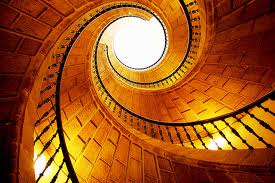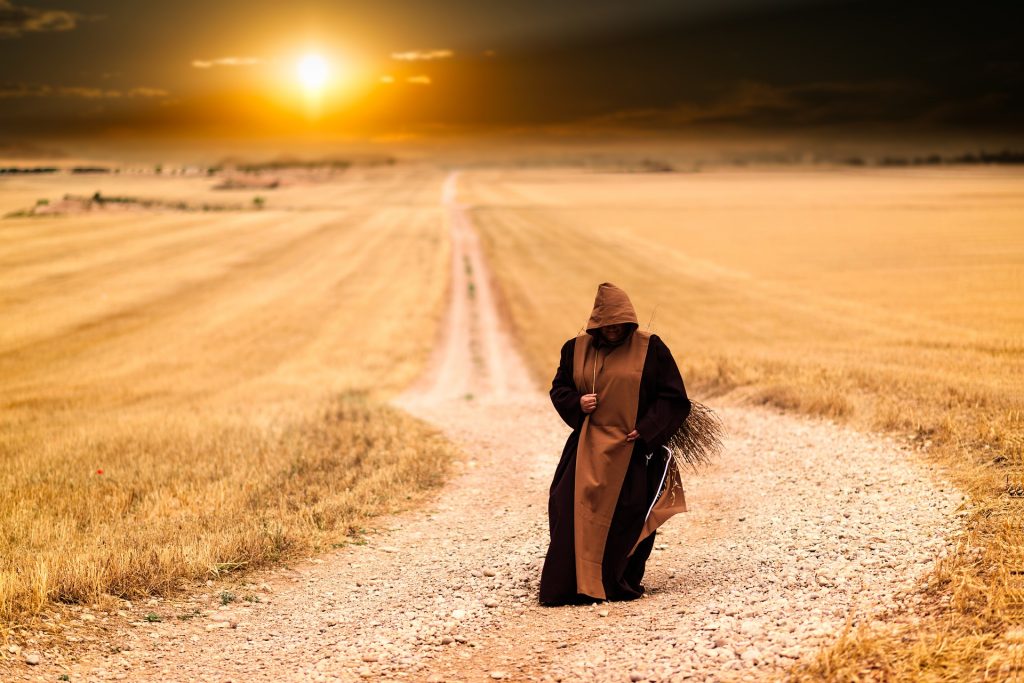The Tibetan Book of the Dead – the Bardo Thodol
Meditation and the after death state.
As he is ordinarily, the human being does not realize to what extent, or in what manner, life and death are closely linked. During his whole lifetime, it never occurs to him that, at each moment that passes by, he is in the process of dying. And when the ultimate moment arrives when he has to leave his body, at the beginning — as stated in various mystical treatise — he does not know that he is dead. Habit being very strong, he believes that he still inhabits his physical body.It happens so often, particularly in the West where the intellect dominates, one meets seekers who entertain the vague hope that, because they have understood intellectually what a spiritual teaching consists of, all will be well for them when they leave this world and that they will be able, without doubt, to break the circle of births and deaths and thus attain liberation.

In order to understand better what happens at the critical moment of death, when the future destiny of the deceased is at stake, it is necessary to draw a parallel between certain stages of the after-death state, as described in the Tibetan Book of the Dead, and what occurs during meditation.The citations in the following paragraphs are quoted from the English edition translated by W.Y. Evans-Wentz and lama Kazi Dawa-Samdup (the Tibetan Book of the Dead, Oxford University Press).
At the very beginning of each one of his meditation sitting, for a very short instant, the aspirant may touch a most particular state of consciousness which gives him the impression of being simple emptiness only, but is, in reality, a state of immaculate consciousness of the highest subtlety and transparency. This state of consciousness which is so unusual and difficult to apprehend, only lasts for two or three seconds at first before being replaced by another state which, although not being his customary state of being, is, nevertheless, no more the same as what he experienced in himself initially.Failing to understand and appreciate the real value of this state of consciousness— which is so alien to him that, at first sight, it gives him the impression of being a vacuum without importance—, the seeker cannot, due to ignorance and lack of practice, find the strength to stay in it. He loses it very quickly and despite his efforts to continue to meditate, he descends to another state of consciousness which is not what he experienced in the beginning.The same phenomenon — but on an entirely different scale — arises in a human being when he leaves his body, a phenomenon of which the implications prove decisive for his future.
In other words, as explained in the Bardo Thodol (the Tibetan Book of the Dead), immediately after leaving this world, the deceased is confronted with the Supreme Consciousness in Its original purity. But, failing to apprehend It, he descends to lower and lower levels in himself until he becomes lost in a mental world which manifests itself in the form of a most impressive panorama, spreading out in front of his mind in such a spectacular way that, because of ignorance and lack of discernment, he takes it for being a reality.To be able to remain in this primordial state — which the Bardo Thodol calls either “Clear Light” or “Clear Consciousness” — represents a feat totally out of the ordinary, which can only be the result of long and persistent training, in the form of intense meditation practice as well as other concentration exercises carried out both at home and in outside active life.
It is precisely with the help of specific concentration exercises (such as those given in several of my books) which force the aspirant to remain intensely present during their execution that he can start to experience during his daily life moments of very particular self-awareness which come to him suddenly after varying lengths of time of inner absences. These moments of self-awareness are accompanied by the beginning of an inner awakening which he should try, with all his might, to prolong so that the day will eventually come when he will no longer lose it. At these moments, which will determine what his future will be, the seeker should realize that, in the same way he is faced throughout his life with choices to be made in order to be able to remain in this state of being and of consciousness which is not habitual to him, after death all incarnate beings will find themselves in a situation where decisive choices will be demanded of them.

In this regard, the Tibetan Book of the Dead continuously emphasizes that the deceased, after leaving his earthly body, will be faced, on several occasions, with two lights or two colors between which he must choose. Unfortunately, owing to ignorance and weakness, he will not be able to hold himself from turning toward that which is the duller. Thus, unless he has devoted himself to a relentless spiritual practice during his life, he will begin to descend helplessly to lower and lower levels of being and of consciousness in himself, without being able to realize what is happening to him.

Laisser un commentaire